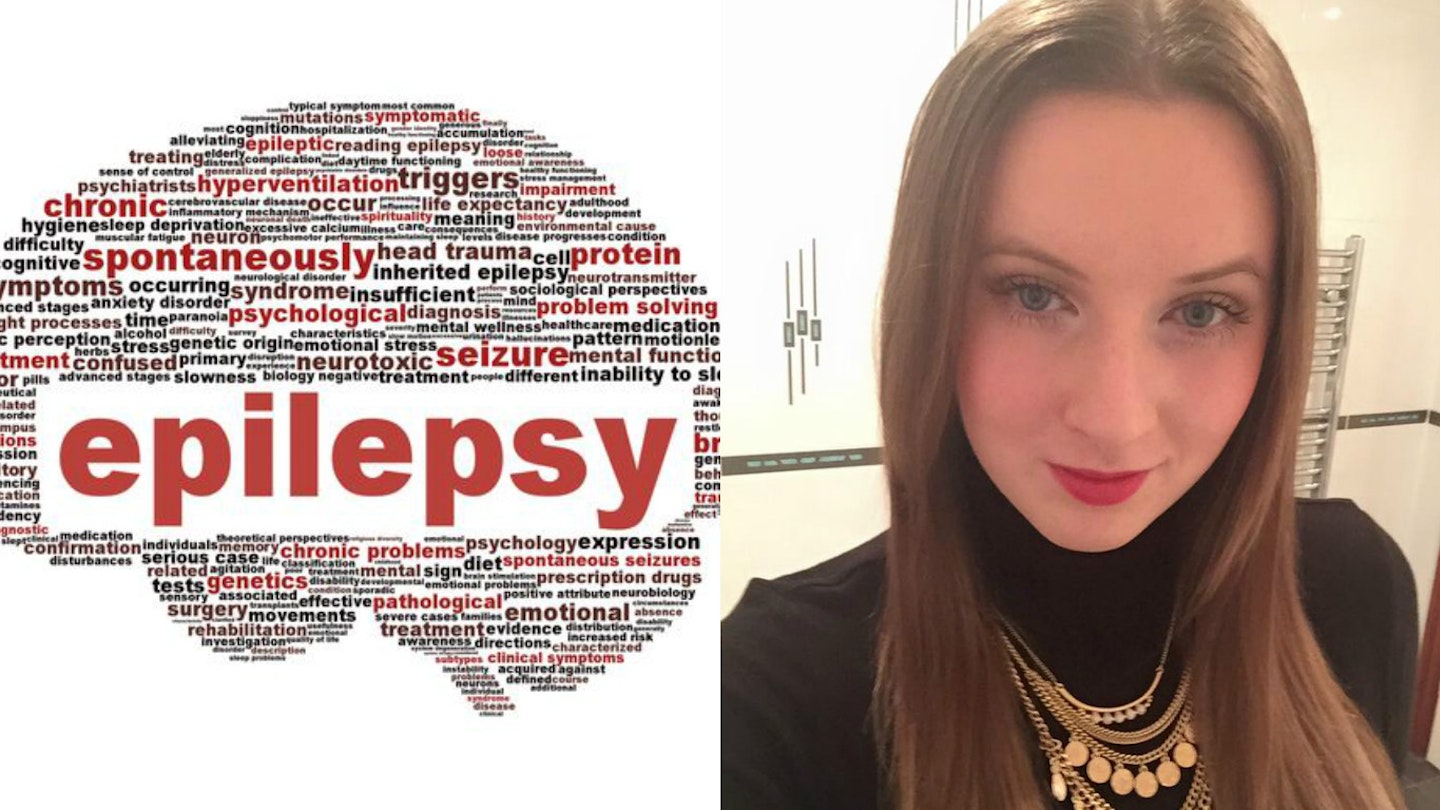Epilepsy Actionis the UK’s leading organisation that aims to improve the lives of everyone affected by epilepsy. They are a member-led association, led by and representing people with the condition, their friends and families and healthcare professionals.
Recently, the charity surveyed 700 people with epilepsy to ask how it feels talking to others about the condition, and these are the results:
-
One in five people with epilepsy said they feel uncomfortable or very uncomfortable talking about their epilepsy with friends
-
One in seven feel uncomfortable or very uncomfortable talking about their epilepsy even with their family
-
One in four feel uncomfortable talking to work colleagues
The top three reasons people gave for feeling uncomfortable talking about their condition were:
-
Fear of discrimination (or being treated differently)
-
Concerns that people don’t understand epilepsy
-
Feeling embarrassed
To help spread awareness, to break down the stigma and to help those who feel isolated because of epilepsy, we want to encourage people to share their stories too.

Katie Evanson’s story
20 year old Katie has been living with epilepsy for eight years, being diagnosed at just 12 years old after her first tonic-clonic seizure at school. She was reviewed at her local hospital and told her seizure was probably a ‘one-off’. Katie was then advised to go back if she had another seizure, to be referred to a specialist.
Katie continued to experience focal seizures, but didn’t realise this was actually epilepsy: “For several years I suffered with focal seizures. However at the time, I didn't know what they were. I just thought they were dizzy spells.
"I had another seizure the day before my 18th birthday. It was then realised I was dealing with epilepsy."
Katie's epilepsy is a result of seizure activity in the frontal lobe area of her brain. She has experienced tonic-clonic seizures, complex partial seizures and myoclonic jerks. Her seizures are triggered by tiredness, low blood sugar, stress and hormonal changes, which she now avoids as much as possible.
For more on epilepsy seizures, see here).
Since discovering she had epilepsy, Katie started taking epilepsy medicine levetiracetam, and was able to start driving again. Speaking about the struggles of dealing with epilepsy Katie said:
“When I was still suffering from seizures my epilepsy had quite a big impact on my life. I felt at a disadvantage.
“I was attempting to get through my A-levels to gain access to university to achieve my dream of becoming a midwife.
“It was very stressful worrying about my health complications, suffering from fatigue/confusion after a seizure and trying to get through college.”
However, Katie is now a second year student midwife and will qualify next year.
“I love my job and knowing how it feels to suffer with seizures helps me empathise in some clinical situations. I’ve also had overwhelming support from family and friends, throughout my diagnosis, investigation and recovery/treatment stage,” she explained.
Katie took part in the Natterjack Seaside 10k in Southport, along with seven friends in September 2015, raising £539 for Epilepsy Action.
You can still donate to Katie's Just Giving page, by clicking here.
For more information visit Epilepsy Action or call their freephone helpline on 0808 800 5050.
To read more about Epilepsy, try these:
